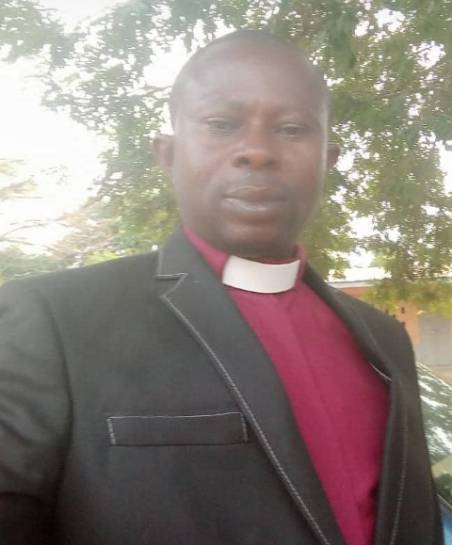The National Cathedral project, originally launched in 2018 as a symbol of national unity and religious faith, has been one of the most controversial public infrastructure projects in Ghana’s recent history. Intended to serve as a non-denominational Christian worship centre, the project was plagued by delays, lack of transparency, ballooning costs and public outcry over the use of state funds in a secular republic.
Despite initial assurances that it would be funded largely through private donations, millions of cedis in public funds were allocated without clear accountability, leading to calls from civil society groups, opposition parties, and even some clergy for a halt or complete review of the project.
The government has announced plans to convert the stalled National Cathedral project into a National Cultural Convention Centre (NCCC), positioning it as the flagship hub for Ghana’s burgeoning creative economy and cultural diplomacy efforts.
According to a policy document under the new 24-hour economy initiative for culture, creative arts and tourism dubbed “SH0W24â€, the NCCC will be established in partnership with the AfCFTA Secretariat and is expected to become Africa’s leading venue for international exhibitions, film festivals, trade shows and summits.
The initiative, government says, will address a critical infrastructure gap while avoiding conflict with religious or national values.
“At the national level, a bold flagship intervention is proposed: converting the National Cathedral site into the National Cultural Convention Centre (NCCC), in partnership with the AfCFTA Secretariat. This venue will serve as Africa's premier cultural diplomacy and creative economy forum, hosting international exhibitions, film festivals, trade shows, and summits-filling a critical infrastructure gap without conflicting with national values or faith institutions,†the document states.
The NCCC project forms part of a broader plan to revitalise the creative arts, culture and tourism sectors as pillars of economic transformation. It marks a significant shift in the use of the controversial cathedral site, which has faced public scrutiny over delays, cost overruns and its relevance.
Under SH0W24, the centre will serve as the crown jewel in Ghana’s creative economy infrastructure. It is projected to host large-scale events and exhibitions that will place Ghana firmly on the global cultural map.
Apostle Ameyaw Mark, Chairman of Ambassadors for Christ Council in Techiman, has expressed support for President Mahama's decision to convert the stalled National Cathedral project into a National Cultural Convention Center under the proposed 24-hour economic plan.
According to the clergy in an exclusive interview on Fabea FM with Apiah-Kubi, he endorsed the president's decision and described it as a pragmatic move prioritizing national interest.
"I support the decision wholly, once the structure carries national benefits and serves the people of Ghana," Apostle Mark acceded.
The NDC's decision to repurpose the project while in governance has raised concerns, with some accusing the party of a U-turn.
However, Apostle Mark has defended the change in stance, noting that President Mahama should ensure accountability for the structure's original purpose.
"The land is for national development, and public funds have already been invested in it, so I believe there should be accountability, which would make this decision worth supporting," he emphasized.
He added that while the previous administration sought to use the project to promote religious unity, the current administration's focus on cultural unity is equally valid to serve Ghana's interest.
He highlighted that the project will benefit economic development, tourist attraction, and cultural display for the country's identity.
"The center can generate revenue and serve recreational purposes, thereby attracting investors to the country," Apostle Mark concluded.
See Images Below;




No comments yet
Be the first to share your thoughts!